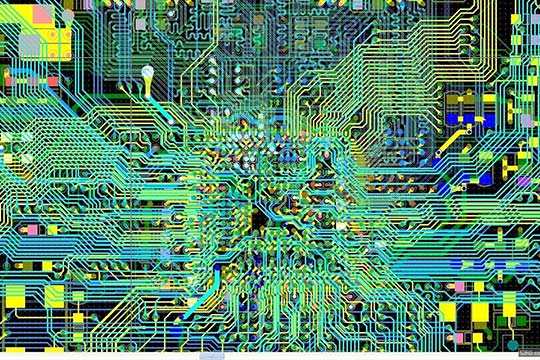TECHNOLOGY FOCUS
Video delivery accounts for about 2/3 of today’s internet traffic, and expected to grow further. At the same time, the target application space evolves further towards higher picture resolution, higher dynamic range (HDR), fast motion capture, or previously unaddressed formats such as 360° video.
While HEVC is the state-of-the-art video compression standard with profiles addressing virtually all video-related products of today, the next generation standard Versatile Video Coding (VVC) is currently taking shape. The VVC working draft shows significant performance improvements relative to the established technology.
The required compression efficiency of modern video coding standards is achieved with elaborate signal processing and highly optimized entropy coding algorithms. The course focusses on this technology. Departing from the fundamental of block-wise picture prediction and transform coding of the residual, all relevant video coding technology aspects are presented and discussed.


COURSE CONTENT
This 2-day course consists of three major blocks: The first block covers video coding fundamentals, including the video processing chain, video signals, the representation of color, and the basic video coding loop. The second block concentrates on design requirements and standardization aspects. Here, specification principles as well as normative and non-normative aspects of the design are addressed. The third block provides a complete tour through the video coding loop, including coding structures, inter and intra prediction, residual coding, loop filtering, and entropy coding. Its covers the application range of SDR, HDR, and 360° video. The tools in the VVC working draft are presented and compared to those of HEVC.
The course blocks are supplemented with video demos wherever possible. The design of coding tools is discussed in view of often opposing requirements regarding computational complexity and compression performance. Visual examples demonstrate the impact of compression artifacts on the observed visual quality of the reconstructed video signal.
WHO SHOULD ATTEND
This course is intended for engineers with a background in signal processing. Participants new to the field will be introduced to video coding. Participants with video coding experience will be updated to the significant developments in most recent video coding standardization.

Day 1
- Block I: Video Coding Fundamentals
- Introduction
- Video Signals and Video Signal Processing
- Standardization History
- Block II: Design and Specification
- Specification Principles and Elements
- Specification Drafting
- Profiles, Levels, Tiers
- Block III: VVC Video Coding Loop
- Spatial and Temporal Coding Structures
- High-Level Syntax
- Block III: VVC Video Coding Loop (continued)
- Intra Prediction
- Inter Prediction
- Residual Coding
- Loop Filters
- Entropy Coding
- Tools for HDR Video
- Tools for 360° Video
- Summary
- Current Standardization Status
- Outlook

